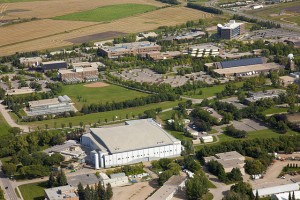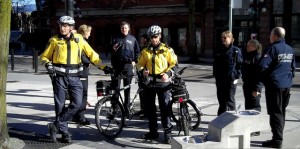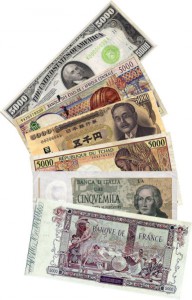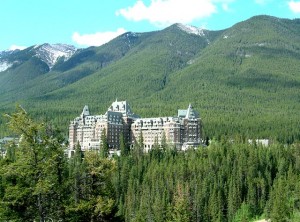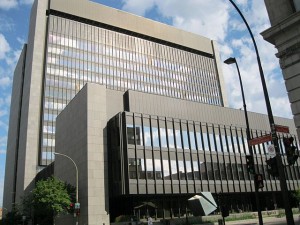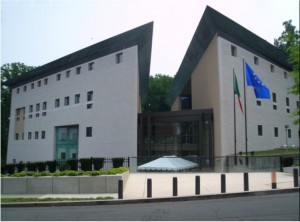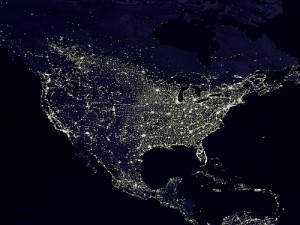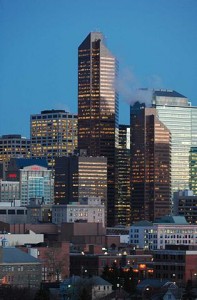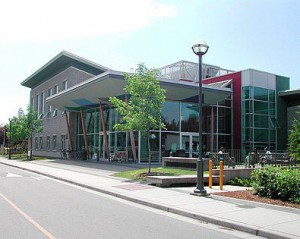
The UBC English Language Institute is one of thousands of locations where individuals can take an IELTS exam. Citizenship applicants will be required to submit the results from CIC-approved third-party tests like the IELTS or provide evidence of completion of secondary or post-secondary education in English or French to be have their application processed.
Citizenship and Immigration Canada (CIC) announced today that the majority of citizenship applicants will be required to demonstrate language proficiency in English or French when they apply, effective November 1st, 2012.
Currently, CIC assesses applicants’ language proficiency through the interaction their staff have with the applicant, and from the applicant’s citizenship knowledge test results.
Under coming changes, citizenship applicants will be required to submit the results of an International English Language Testing System (IELTS) test, and score at least 4.0 and 4.5 on the speaking and listening portions, respectively.
In order for applicants to demonstrate French language proficiency, they will be required to submit the results of the Test d’évaluation de français (TEF), and score at least 181 and 145 on the speaking and listening portions.
Applicants can have the language test requirement waived if they can show evidence of having completed secondary or post-secondary education in English or French.
The new language requirements will only apply to applicants aged 18-54.

